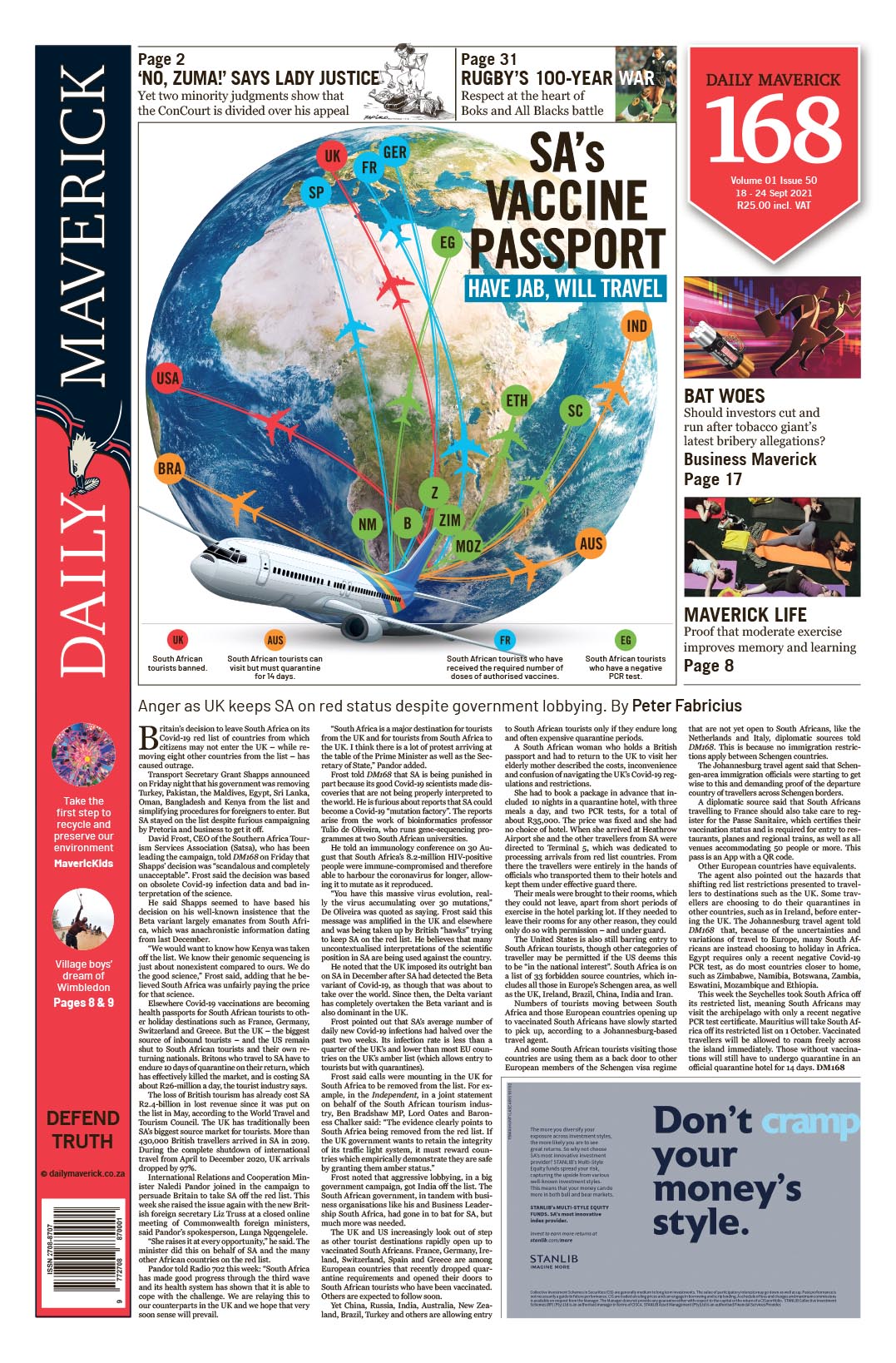First published in the Daily Maverick 168 weekly newspaper.
Answer: When you die, several costs are triggered, many of which have to be settled immediately. The executor of your estate would need to meet these and if there is no easily accessible cash in your estate, assets would have to be sold. If you do a bit of planning and understand what your potential cash-flow needs will be, you can avoid having to sell assets at a potential loss.
I would certainly recommend that you get your financial adviser to perform a liquidity analysis on your estate as if you had died today. This will highlight any potential cash-flow issues and also help you to structure your affairs better to prevent any unnecessary leakage owing to fees and taxes.
Let’s go through some of the costs that are triggered when you die:
Capital gains tax
Your death is deemed to be a capital gain event. Even if your assets are not sold, they are deemed to have been sold when you die and capital gains tax is payable. The amounts here can be quite large (often hundreds of thousands of rand) and are often overlooked when people do their financial planning.
If any assets are bequeathed to your spouse, the capital gains tax on these assets would be rolled over and would only be payable when the spouse dies.
Estate duty
Depending on the size of your estate, you will pay estate duty of 20% or 25%. Estate duty is not a massive issue when the first spouse dies, as there are generous abatements.
However, if all your possessions are not bequeathed to your spouse or if both spouses die soon after each other, then estate duty can be a massive drain on cash resources.
Executor fees
You can count on paying about R40,000 for each R1-million of assets. Be careful about falling into a trap of getting a family member to do this. I have seen many family fights break out over trivia. The Master’s Offices are under pressure at the moment because of the high number of deaths owing to Covid. It does seem that many estates are taking longer to be finalised than was the case in the past.
You do not want any unnecessary delays by having incomplete information submitted by people who are bright and willing but don’t necessarily know the system.
I’ve had personal experience of this, when my wife recently sorted out her mother’s small estate. This took much longer than we expected because we did not know all the hacks that experienced executors use. We recently shared a lot of the frustrations we experience with a friend, who showed us how she efficiently deals with those issues. The estate would have been sorted out in a third of the time had we used her. My wife’s blood pressure would not have been put under any strain either.
For the sake of efficiency and family harmony, I would recommend that you find an executor and negotiate a better deal on executor fees if you can.
Mortgages and loans
Any mortgages and loans in the name of the deceased will have to be repaid. These can be quite substantial, especially with people maxing out their access bonds and credit cards because of Covid. If there is no liquidity in the estate, these assets may have to be sold.
Transfer fees
While there is no transfer duty payable when you bequeath a property to a spouse, transfer fees are payable and the estate needs to have sufficient cash to pay for this.
Solutions
If you find that you do not have sufficient liquidity in your estate, you may need to move some of your assets into a more liquid form. It may be better to sell that investment property when you still have time on your side and then invest the proceeds in an investment that can easily be liquidated.
Another option is to take out life insurance. I took out some additional cover earlier this year to provide liquidity in my estate. I am over 60 and not particularly sporty. I received cover at ordinary rates, so this is definitely an option that you could consider. DM168
This story first appeared in our weekly Daily Maverick 168 newspaper which is available for R25 at Pick n Pay, Exclusive Books and airport bookstores. For your nearest stockist, please click here.
















 Become an Insider
Become an Insider
Comments - Please login in order to comment.